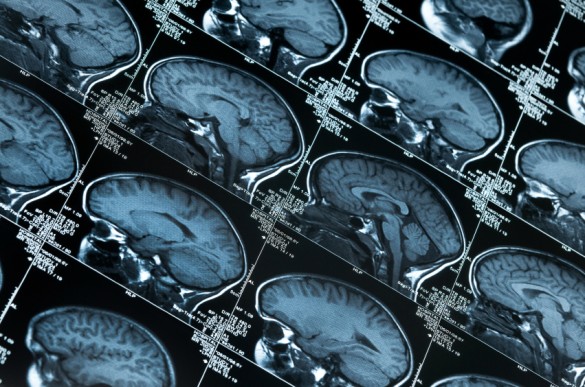While modern medicine has increased the number of people who survive a stay in the Intensive Care Unit (ICU), survivors have a high risk of developing problems with thinking and memory, a phenomenon called cognitive impairment.
Cognitive impairment is also one of the hallmarks of Alzheimer’s disease.
James Jackson, PsyD, and colleagues used PET imaging in 14 ICU survivors to look for a malfunctioning protein common in the brains of patients with Alzheimer’s disease — beta-amyloid.
The researchers were the first to image beta-amyloid in this patient population. They also followed the patients with comprehensive cognitive testing for six years after their hospital stay.
The investigators reported in the Journal of Critical Care that only two of the patients had measurable beta-amyloid in their brains, suggesting that beta-amyloid may not be the mechanism that underlies dementia in ICU survivors.
The study paves the way for future studies to uncover the mechanisms of cognitive problems among survivors of critical illnesses.
This research was supported by grants from the National Institutes of Health (AG027472, AG035117, HL111111), the Veterans Affairs Tennessee Valley Geriatric Research Education and Clinical Center, and the Department of Medicine at VUMC.
Send suggestions for articles to highlight in Aliquots and any other feedback about the column to aliquots@vanderbilt.edu















